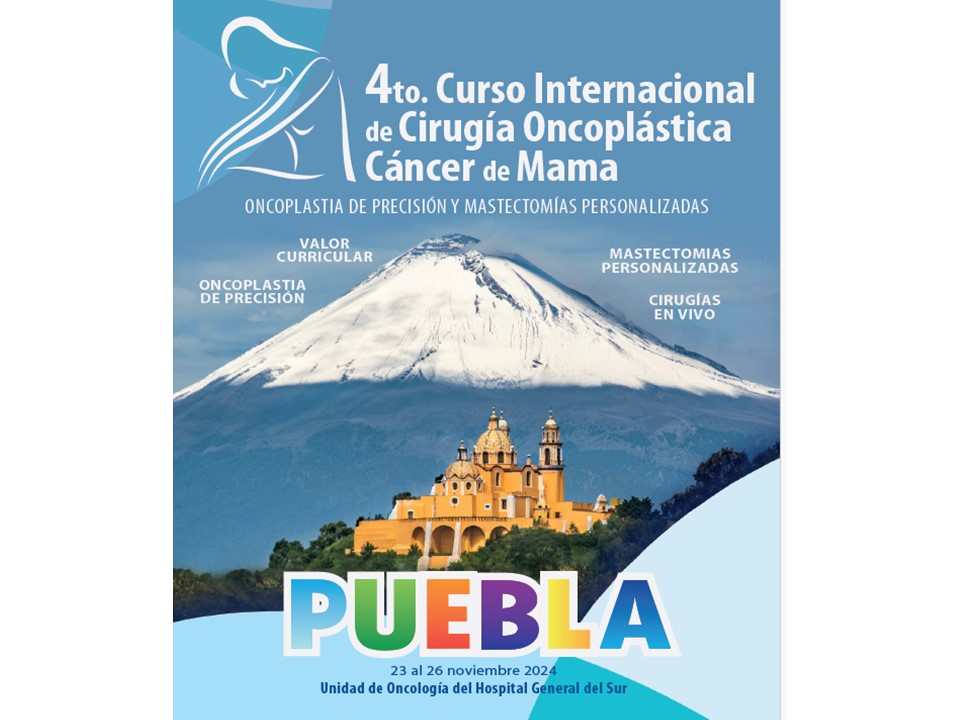Mostrar Contenidos Sensibles

Download Document (pdf, 281Kb)
Developed by the COVID 19 Pandemic Breast Cancer Consortium (this consortium is made up of representatives from the NAPBC, CoC, ASBrS, and NCCN)
Phase I. Semi-Urgent Setting (Preparation Phase)
Few COVID 19 patients, hospital resources not exhausted, institution still has ICU vent capacity, and COVID trajectory not in rapid escalation phase
Surgery restricted to patients likely to have survivorship compromised if surgery not performed within next 3 months
Cases that need to be done as soon as feasible (recognizing status of hospital likely to progress over next few weeks):
• Neoadjuvant patients finishing treatment
• Clinical Stage T2 or N1 ERpos/PRpos/HER2 negative tumors*&
• Triple negative or HER2 positive patients*&
• Discordant biopsies likely to be malignant
• Excision of malignant recurrence
*In some cases institutions may decide to proceed with surgery versus subjecting a patient to an immunocompromised state with neoadjuvant chemotherapy, these decisions will depend on institutional resources
&Encourage use of breast conserving surgery whenever possible, defer definitive mastectomy and/or reconstruction until after the COVID 19 pandemic resolves provided radiation oncology services are available
&Autologous reconstruction should be deferred
Cases that should be deferred
• Excision of benign lesions-fibroadenomas, nodules, etc…
• Duct excisions
• Discordant biopsies likely to be benign
• High risk lesions-atypia, papillomas, etc…
• Prophylactic surgery for cancer and noncancer cases
• Delayed SNB for cancer identified on excisional biopsy
• cTisN0 lesions-ER positive and negative
• Re-excision surgery
• Tumors responding to neoadjuvant hormonal treatment
• Clinical Stage T1N0 estrogen receptor positive/progesterone receptor positive/Her2 negative tumors*
• Inflammatory and locally advanced breast cancers&
*These patients can receive hormonal therapy
&These patients should receive neoadjuvant therapy
Alternative treatment approaches to be considered (assuming resources permit):
• Clinical Stage T1N0 estrogen receptor positive/progesterone receptor positive/Her2 negative tumors can receive hormonal therapy*
• Triple negative and HER2 positive tumors can undergo neoadjuvant therapy prior to surgery
• Some Clinical Stage T2 or N1 ERpos/PRpos/HER2 negative tumors can receive hormonal therapy*
• Inflammatory and locally advanced breast cancers should receive neoadjuvant therapy prior to any surgery
*Many women with early stage, ER positive breast cancers to not benefit substantially from chemotherapy. In general, these include women with stage 1 or limited stage 2 cancers, particularly those with low-intermediate grade tumors, lobular breast cancers, low OncotypeDX scores (<25), or “luminal A” signatures. High level evidence supports the safety and efficacy of 6 to 12 months of primary endocrine therapy before surgery in such women, which may enable the deferral of surgery.
Phase II. Urgent setting
Many COVID 19 patients, ICU and ventilator capacity limited, OR supplies limited or COVID trajectory within hospital in rapidly escalating phase
Surgery restricted to patients likely to have survivorship compromised if surgery not performed within next few days
Cases that need to be done as soon as feasible (recognizing status of hospital likely to progress over next few days):
• Incision and drainage of breast abscess
• Evacuation of a hematoma
• Revision of an ischemic mastectomy flap
• Revascularization/revision of an autologous tissue flap*
*Autologous reconstruction should be deferred
Cases that should be deferred:
• All breast procedures
Alternative treatment approaches RECOMMENDED (assuming resources permit):
• Consider neoadjuvant therapy for eligible cases
• Observation is safe for the remaining cases
Phase III.
Hospital resources are all routed to COVID 19 patients, no ventilator or ICU capacity, OR supplies exhausted.
Surgery restricted to patients likely to have survivorship compromised if surgery not performed within next few hours
Cases that need to be done as soon as feasible (status of hospital likely to progress in hours):
• Incision and drainage of breast abscess
• Evacuation of a hematoma
• Revision of an ischemic mastectomy flap
• Revascularization/revision of an autologous tissue flap*
*Autologous reconstruction should be deferred
All other cases deferred
Alternate treatment recommended
• Same as above
General Recommendations
Case status (i.e. risk of death time frame) determination made by a multidisciplinary team, ideally in a multi-clinician setting (breast tumor board conference). This multidisciplinary discussion should be documented in the medical record.

